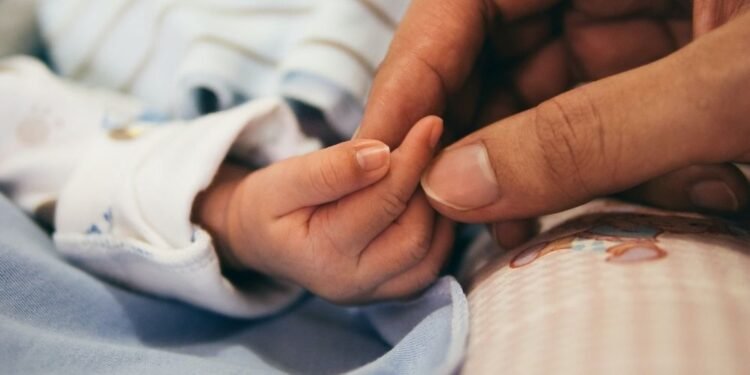The Commission on Human Rights (CHR) has raised the alarm on a disturbing reality: Filipino babies are being sold online—and poverty may be the root cause.
In a recent statement, the CHR said this rising form of trafficking is happening in plain sight, sometimes through Facebook groups, where desperate parents, mostly mothers, post infants for adoption… or sale.
It’s a gut punch of a headline, but the details are even more heartbreaking.
Poverty, Not Malice, Is Behind the Trade
CHR spokesperson Jacqueline de Guia clarified that many of these parents are not hardened criminals—they’re victims of crushing poverty.
“‘Yung ibang mga kamag-anak, pumapayag po sila na ibenta ‘yung kanilang babies dahil sa kahirapan.”
de Guia said, adding that the CHR’s investigations uncovered multiple cases where online “adoptions” involved payments, questionable intermediaries, and no government oversight.
Rather than treating these mothers as villains, CHR calls for deeper empathy and structural reform. According to them, selling infants isn’t usually done with malicious intent—it’s a last resort.
Some parents believe giving up their baby to someone more financially stable is the only shot at a better life for their child.
Facebook Is the Marketplace, but the Problem Is Bigger
What makes this even more troubling? Much of it is happening on Facebook—yes, that Facebook.
Investigations revealed posts where babies are advertised with names, photos, and vague “adoption” language. The Department of Social Welfare and Development (DSWD) confirmed this has been an ongoing issue for years, and they’ve coordinated with platforms like Meta to flag and report such posts. But for every group shut down, another seems to pop up.
The CHR emphasized that regulating digital adoption channels, enhancing reporting mechanisms, and empowering poverty-stricken families through social services are urgent steps.
This Isn’t Just a Crime—It’s a Crisis
Selling babies online shouldn’t be a recurring news headline. But until economic desperation is addressed, it’s the ugly outcome of a system that gives the poor no real options.
As CHR puts it: “This isn’t just a trafficking issue—it’s a poverty issue, a human rights issue, and a wake-up call.”
Until Filipinos can raise children without choosing between survival and separation, the country’s most vulnerable will remain on sale.












